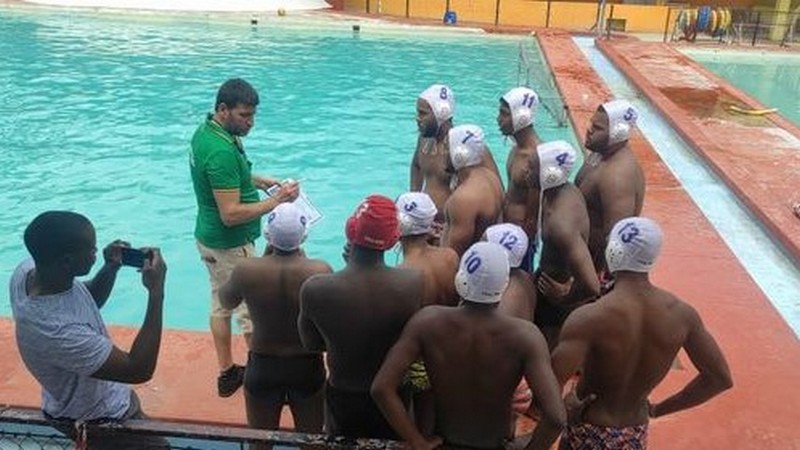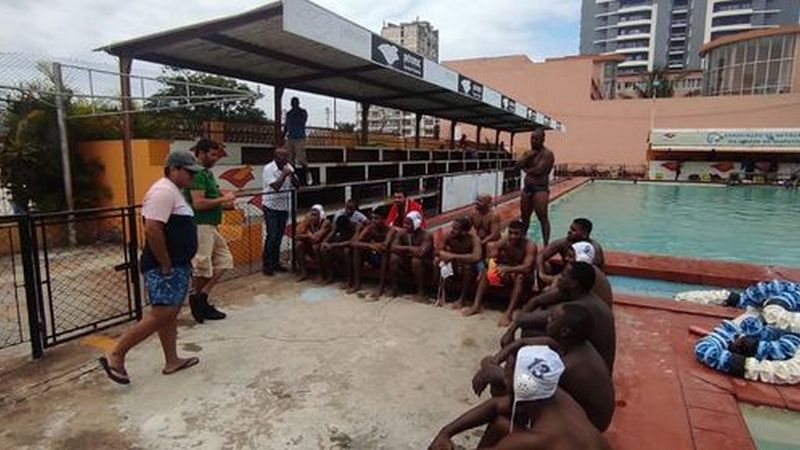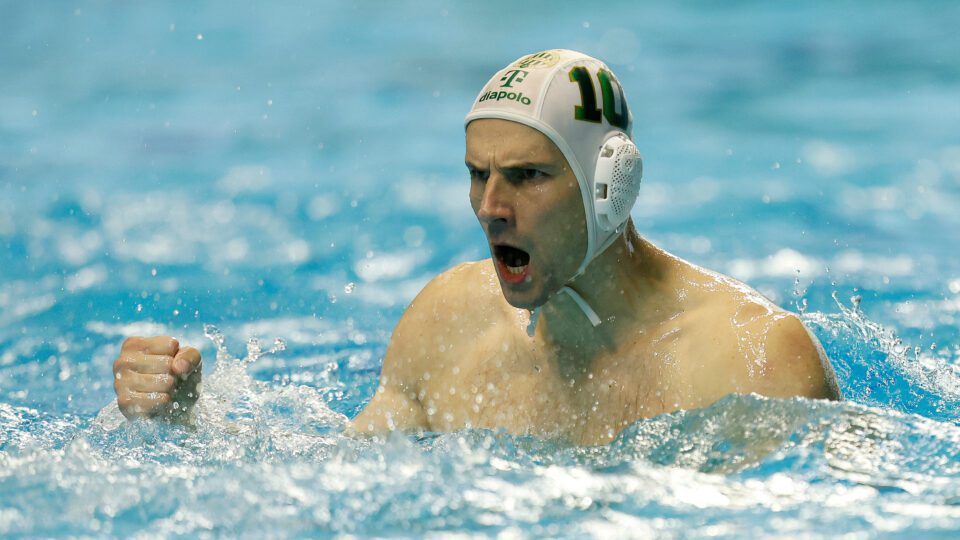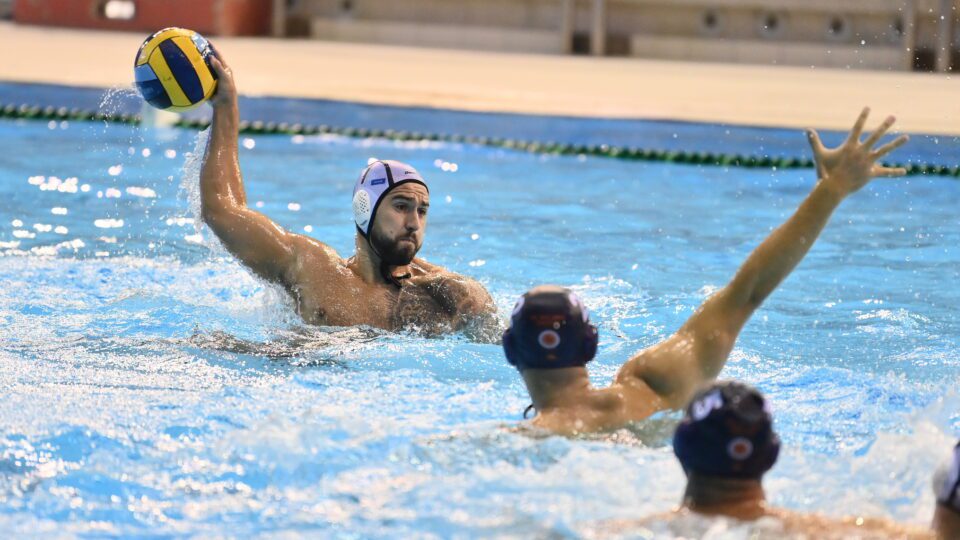It’s always nice to hear that the water polo family has been growing.
For many objective reasons, Africa is the continent where water polo isn’t widely spread. But, things are going to better.
Last year, we published an article about how Asante Sefa-Boakye started making a water polo dream in Ghana come true.
Today, our Water Polo Everywhere series leads us to Southwestern Africa – Mozambique.
This country was a Portuguese colony until 1975. After a ten-year war between Mozambique’s guerrilla forces and Portugal, Mozambique gained its independence.
Two counties were in the war decades ago. However, today, they are partners, which is proved by a cooperation between the Portuguese Swimming Federation and the Mozambican Swimming Federation.
Portugal helps in the development of water polo in Mozambique.
Water polo in Mozambique has moved from pioneer steps. There are organized clubs in this country. One of them is preparing for an international competition. Maputo Water Polo Club will participate in the big tournament in Johannesburg (South Africa), along with two Portuguese clubs Vitoria and Fluvial (the champion and the runner-up in the national championships), South African champion OJ Eagles, and several other South African clubs.
Last week, Fernando Leite, the head coach of the Portuguese national male team, arrived in Maputo, the capital of Mozambique, to help the club prepare for the tournament in South Africa.
The preparations started on February 24 and will end on Thursday. Leite has guided Maputo Water Polo Club’s training, but, there have been some other multidisciplinary actions at the same time. Activities with an aim to educate teachers at the schools for aquatic sports and potential water polo coaches have been organized.
“This is a learning experience for me, being able to transmit knowledge in the area of water polo. I found a group of motivated people willing to develop the sport in Mozambique. I hope I can help and contribute to this project. Our goal is to approach the multidisciplinary model of the Portugal Swimming Federation to teachers and coaches in Mozambique, Leite says.
He underlines the geographical location of Mozambique.
“Mozambique is a country with a large maritime coast and with so many lakes and rivers. A country like this offers many opportunities for the development of aquatic sports. Aquatic education is a matter of priority and a tool that can save many.
Leite explains who are the most deserved people for the start of this project.
“Pillars in this cooperation are Mamede Loonat, a passionate and dynamic promoter of local water polo, and Sergio Esteves, who competed for Portugal in swimming at the 1988 Olympic Games in Seoul. Esteves supports a multidisciplinary approach in schools for aquatic sports in Mozambique.”








